World 1901-present
Some of the most profound and influential changes in world history take place from 1901 to today and covered here are many of the important and well known ones as well as some of the smaller stories. In terms of reach this section covers huge themes on diplomacy, post imperialism and economics. The articles cover the time period right up into recent events such as the State of the Union address by the US President Barrack Obama.
Sort by:
Date (Newest first) | Title A-Z
Show:
All |
Articles |
Podcasts |
Multipage Articles
-

An authentic voice: perspectives on the value of listening to survivors of genocide
ArticleClick to view -

Building an overview of the historic roots of antisemitism
ArticleClick to view -
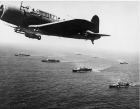
Unsung Heroes: The British Merchant Navy WW2
Multipage ArticleClick to view -
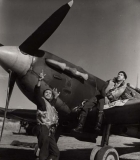
Bill Hall - Empire at War
Multipage ArticleClick to view -

Podcast Series: The Cold War
Multipage ArticleClick to view -
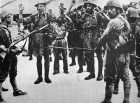
The Fall of Singapore 1942
ArticleClick to view -
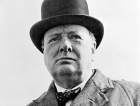
Podcast Series: Britain's Cold War
Multipage ArticleClick to view -
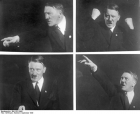
The Origins of the Second Great War
ArticleClick to view -
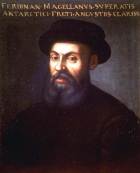
The Great Powers in the Pacific
ArticleClick to view -
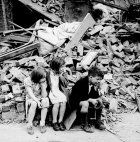
The Coming of War in 1939
ArticleClick to view -

India and the British war effort, 1939-1945
ArticleClick to view -

Franklin D. Roosevelt and the New Deal
ArticleClick to view -
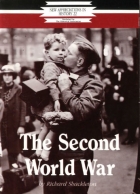
The Second World War
ArticleClick to view -
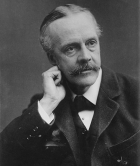
Polychronicon 143: the Balfour Declaration
ArticleClick to view -

Cunning Plan 143: enquiries about the British empire
ArticleClick to view -

A comparative revolution?
ArticleClick to view -
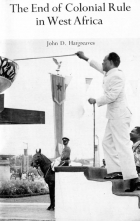
The End of Colonial Rule in West Africa
ArticleClick to view -
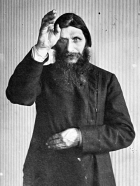
Alexandra and Rasputin
ArticleClick to view -
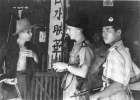
Imperialism resurgent: European attempts to 'recolonise' South East Asia after 1945
ArticleClick to view -

Being historically rigorous with creativity
ArticleClick to view

